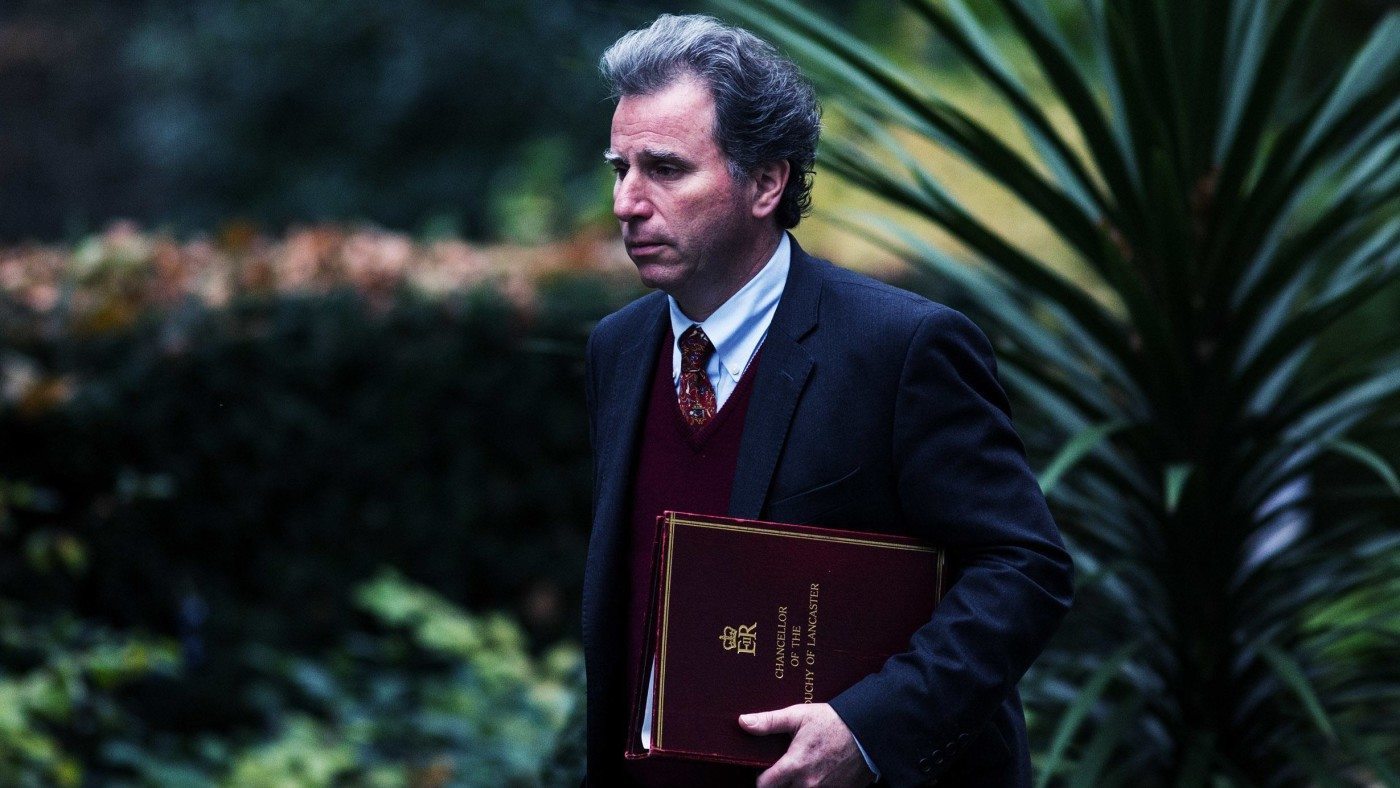Not much astonishes Boris Johnson. But when the Mayor of London had a falling out with Oliver Letwin in 2011 over airport capacity, he was genuinely astonished to be told by Cameron and Osborne’s “key fixer” that “we” do not want more families in Sheffield flying abroad on holiday.
An appalled Boris wrote the so clever it’s stupid remark down and told his team. A source close to Boris regaled me with the story, and I put it in as a small item in a column I was then writing (scroll down). Letwin wasn’t happy when the story was picked up, I was told by one of his colleagues, but didn’t deny it. Once published, it was filed away, alongside numerous other “gaffes” and bizarre tales connected to Letwin, who is a nice man who can be a bit other worldly.
Most infamous of all was the time he had to go into hiding in his constituency during the 2001 general election and was found by the press wearing a toga at a garden party. What is never mentioned is that his gleeful pursuers, cheered on by a bullying Gordon Brown, later turned out to be wrong about public spending and the miracle of the end of boom’n/bust. Letwin, then shadow chief secretary to the Treasury, had told the Financial Times that there was scope for more public sector spending restraint than the Tories were admitting to. It was then a highly unfashionable view, with New Labour about to embark on big rises in spending. As the taps were turned on, it could afford it on account of a rapidly expanding financial sector, generating tax receipts, and a growing economy fuelled in part by a credit machine and a growing mountain of private debt. Letwin turned out to be dead right. Brown was wrong. But hey ho. Letwin was daft enough to be pictured wearing a toga.
Now, Letwin is in real trouble, after a memo he co-authored in the Number 10 policy unit surfaced under the 30 year release of papers. It is awful stuff, although the worst of it doesn’t sound like Letwin, who may have let his co-author get carried away spewing saloon bar nonsense. But then those views were not unusual 30 years ago; they were very widespread in British society. Casual racism was rife. Jimmy Savile was still on TV. Concepts such as gay marriage were unthinkable for all but a small band of activists. People genuinely thought the Berlin Wall would outlast us. The world wide web hadn’t been invented. That’s the thing about the 30 year rule. It covers stuff that was 30 years ago.
Ah… so that clears Jeremy Corbyn? No. Those who say this demonstrates that it is unfair to criticise the Labour leader over what he said two or three decades ago are missing the point.
Corbyn has not changed his rigid views one jot in 30 years, even though rather a lot has happened since then, including the collapse of Communism and the rise of Islamist fascism. He serenely bicycles on, being wrong but convinced he is right, looking like a man who has undergone zero intellectual development in 30 years. At least Letwin and many other people – in the Tory party and beyond – have changed their social attitudes, a lot, in the intervening period. In contrast, while Corbyn was right about apartheid, he was straightforwardly wrong about the IRA, and economics, and unilateral disarmament, and America, and Marxism, and the Queen. It is not so much that Corbyn has stuck to his principles, as his supporters claim. He has stuck like glue to his views, which is weird and bordering on the stupid. It is certainly much worse than penning a memo 30 years ago and then realising you are wrong.
One mystery remains. Why is the accident prone Letwin still in such a position of power in Whitehall? The answer is that Cameron and Osborne seem to trust him, for the following reasons.
1) Letwin fixes problems for them, meaning that when neither of them can be bothered, or they want to avoid direct conflict with colleagues, Letwin will soothe rival ministers and exasperated advisers. You are so right, he will tell both sides, before carving out a compromise. He oils the wheels of the machine. Sometimes this doesn’t lead to disaster. And sometimes it does, as in the Leveson negotiations in which the future of the free press ended up being decided in the early hours of the morning by bartering with Labour.
2) Letwin was an early backer of Cameron and Osborne, in the days when the modernisers could have been squeezed into a Mini. True believers who were there from the start get extra points, although they can be fired in extreme circumstances (ask Michael Gove, or Hugo Swire) if they imperil the duopoly that leads the Tory tribe.
3) Letwin poses no threat whatsoever to Cameron and Osborne and has no independent powerbase. Colleagues say he finds his work fascinating and certainly believes in shrinking the state – by different means than he did in 1985-86 – but if he has any desire to be a power-broker, he keeps it well hidden and looks only after their interests. Loyalty to Cameron and Osborne is his defining characteristic. They are loyal to their friend in return.
That friendship and their loyalty to Letwin is about to tested though, and he will be very lucky if he survives the release of this memo for a simple reason. For all that the modernising agenda has been relegated, the Cameron/Osborne project rests above all on the idea that the Tory party today has moved on and is more in tune with contemporary thinking. Letwin’s race memo is an embarrassing reminder of what they have been trying for a decade to obliterate from the minds of floating voters.


